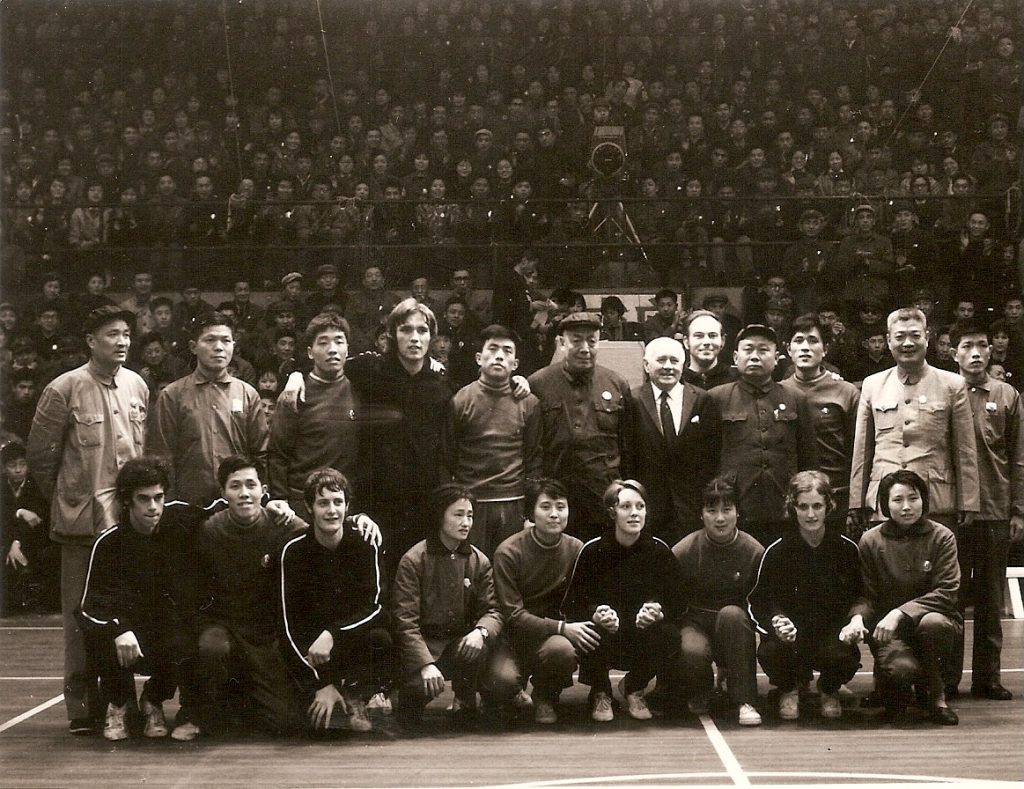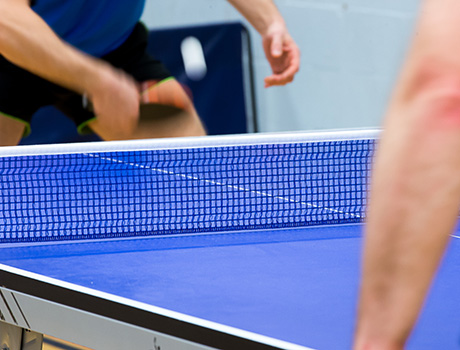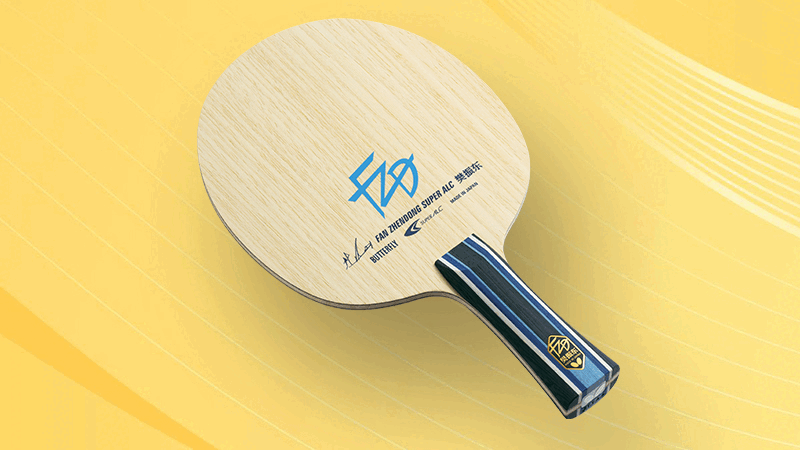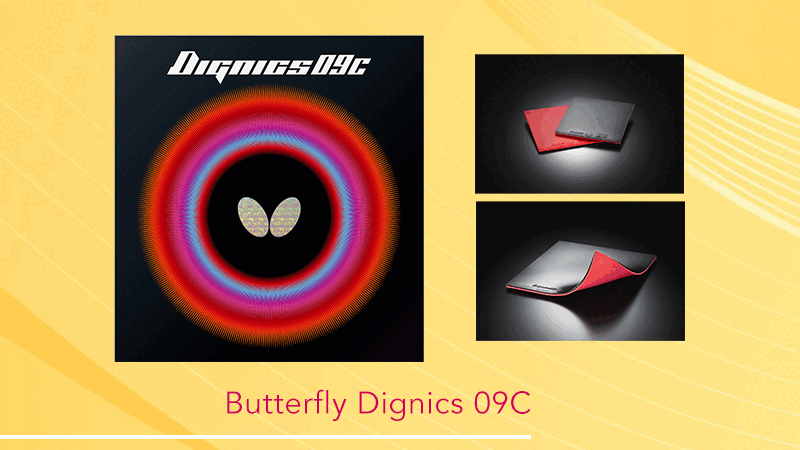The 2023-24 season marks 100 years since the Bournemouth & District Table Tennis Association (BDTTA) had its first season.
Having scoured archive information, the Association can trace its roots to a group of local hotels in the seaside holiday resort wanting to formalise competitions between each other and organising a local league, only a few years after the start of the National Governing Body.
Since then, the association has played continually apart from disruptions due to War and of course, most recently, Covid restrictions
The names of many players and clubs have perhaps naturally faded away over time and no longer having the resonance they once did, but we still have the original cup awarded to the winners of Division Two, which was introduced in the second season for 1924-25.
Celebrations were held for both the 50 and 75-year anniversaries. Both seem to have been quite formal affairs with toasts and speeches complimenting what was, no doubt, a very fashionable and lavish, dinner.
For our Centenary season we are planning several events which should be a memorable experience for all attending. One of these will be an exhibition with former internationals, whilst also holding a less formal dining occasion to be combined with the annual prize-giving presentation, with the expectation of attracting many former players who have hung up their bats for various reasons.
In looking at the programmes for the previous dinners, there are names that until recently were still highly active. Whilst it is difficult to pick out individuals as they will all have contributed a lot, for people still playing David Turner was well known as a long-standing Chair and committee member even after he stopped playing, whilst Harold Feltham was a stalwart of the association as both player and administrator, having started playing in the area in 1947, only stopping when Covid happened, but still running a club with six teams and being a non-playing team captain until his death in February 2023.
In more recent years, BDTTA has been a staging post for international success for several players – Matt Ware and Hannah Hicks for England, Chloe Thomas for Wales and currently Sophie Barcsai for Hungary.

Other international links include Tony Clayton, who was a member of the England team invited to China in 1971 as part of the “ping pong diplomacy” tour that helped open relations with the West and has only recently put down his bat (Tony is third from left kneeling in the front row in the picture below). One of his long-standing team-mates in the league is ex-England, non-playing captain and author of The Science of Table Tennis, Brian Burn, who still plays in our Premier Division.

Diversity is very much at the heart of BDTTA, with young and old playing against players from 18 different countries.
Our current roster of players is headed, in terms of age-experience, by “super vet” Brian Bickell. At 87, he shows no sign of slowing down. A few seasons ago, he managed the impressive feat of winning individual singles titles in the Association’s Annual Tournaments for the over-40s, over-50s, over-60s and over-70s age groups, with all four finals being held on the same evening.
Shaun Newcombe was for a long time our sole wheelchair player. He has been playing since 2000 and more recently he was (unfortunately) joined by Simon Heaps who is rapidly rising through the ranks of international para table tennis.
Simon’s story is also inspiring in that he had suffered from type one diabetes throughout his life but it did not stop him representing England at various levels and becoming the 1970 Cadet European champion. After an absence of nearly three decades he returned to the sport in 2016, winning National Veteran titles before unfortunately losing both legs due to the diabetes.
The pictures below show Simon winning the Slough Open Under 15 Boys singles in 1968 as well as Tony Clayton winning the Under-17 Singles at the same event, with a more recent picture of Simon now in his wheelchair.

Alastair Feltham, along with twin brother Duncan (sons of Harold), participated in several Special Olympic World Games, wining silver medals at singles and doubles in 2003 and playing each other in the Final of the European event in 2014.
Whilst the number of clubs and teams has dwindled somewhat over the decades and the number of divisions changes as different ideas are employed to keep the competitiveness going, the passion to play is as strong as ever.
Here’s to the next 100 years when someone may find this article and reflect on what the local players in the 22nd century have to thank for the platform and history of those that have been before them (and see if that old cup has gained an even bigger base and list of worthy winners!)






